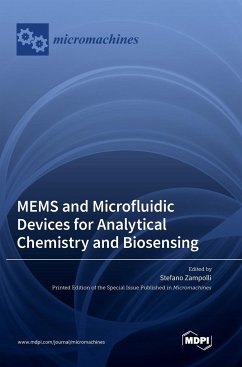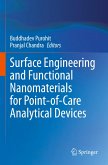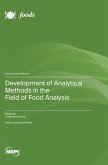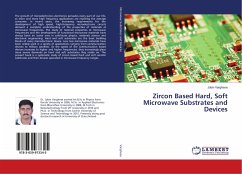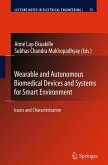The outbreak of the SARS-CoV-2 pandemic has made the general public aware of the breakthrough technologies which were developed in recent years for state-of-the-art biosensing, and terms such as clinical specificity and sensitivity are now widely understood. The need for reliable point-of-care diagnostic systems during the last few years has been crucial. Continuous developments in MEMS technology and microfluidics are key drivers for the miniaturization of lab-grade sensing systems. Micro-technologies and miniaturization allow for designing lightweight and small devices, other advantages include reduced consumption of power and reagents, faster response times, increased sensitivity, reduced environmental footprint, availability of batch production processes for low-cost and disposable devices. This Special Issue published seven novel contributions in the fields of biosensing, lab-on-chip, organ-on-chip and related technologies such as numerical microfluidics studies, digital micro-fluidics and micromixers.
Hinweis: Dieser Artikel kann nur an eine deutsche Lieferadresse ausgeliefert werden.
Hinweis: Dieser Artikel kann nur an eine deutsche Lieferadresse ausgeliefert werden.

